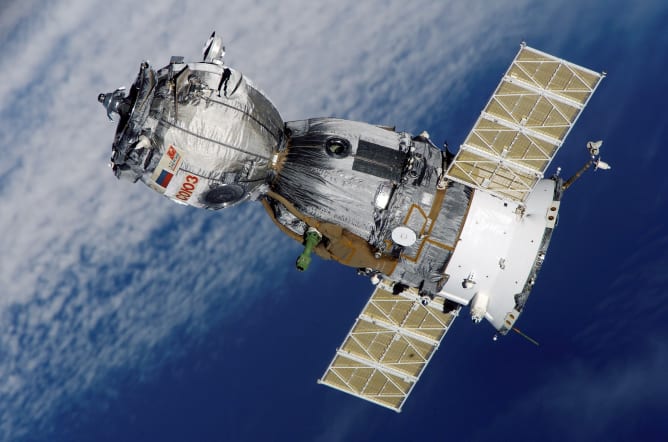Master Thesis - My Project
Ciao! Bonjour! Sali zäme! My name is Raffaele and I am a biology student at the University of Neuchâtel. African wildlife has fascinated me since I was a child, and with my master thesis I will finally be able to fulfill my dream of studying it in the field and helping to protect it. I will be going to South Africa, to Addo Elephant National Park (AENP), to study an animal that many people find unattractive but is nonetheless very important to the ecosystem: the spotted hyena. As both a predator and a scavenger, it plays a crucial role in maintaining the balance between prey and predator populations.
There is already a group of lions and spotted hyenas in the national park, some of which are being monitored by GPS (through a totally non-invasive GPS collar!). This tracking is being used by African researchers as part of their research, and I will be able to use it for my own.
Specifically, thanks to GPS signals, I will be able to locate the feeding sites of spotted hyenas, and on the field, I will be able to identify prey by analyzing animal carcasses and hyena scats. In addition, by comparing the GPS movements of hyenas and lions, I will be able to determine whether the carcasses analyzed come from prey hunted by the spotted hyenas themselves or by lions.
Why is it important?
African countries are making great efforts to protect and keep intact their ecosystems, which are increasingly threatened by human activities. National parks are one of the last bastions of biodiversity conservation and promotion. Spotted hyenas are an essential and indispensable component of the few remaining pristine areas, for as predators and scavengers they help maintain the balance of animal populations and the entire food web.
After an absence of more than 100 years, the spotted hyena was reintroduced to AENP in 2003/2004. Since then its population has increased, but little is known about its impact on prey populations in the park. The life and feeding behavior of this predator have yet to be thoroughly studied.
The data from my research will help managers of Addo Elephant National Park and other similar conservation areas in planning effective strategies to regulate and conserve populations of spotted hyena, competing predators, herbivores and, consequently, vegetation. A balance between prey and predators is necessary to protect local vegetation, which is affected by the numbers and activities of herbivores. In short, spotted hyenas play a central role in the life cycle of Addo Elephant National Park as super predators, and their activities impact the ecosystem as a whole. In addition, calculating the optimal number of spotted hyenas for the park will help avoid their overpopulation, preventing them from abandoning the park due to lack of food and coming into conflict with surrounding human settlements.
Why do I need support?
My research involves costs that, as a student, I must bear myself. The major expenses consist of the round-trip flight between Switzerland and South Africa and the rental of a 4x4 vehicle that I will use to move around the vast park territory and reach feeding sites.
By supporting my research, you are contributing to a know-how that will help Africans conserve their wildlife! As a reward for your valuable help, I offer various thank-you gifts, such as access to my Instagram account where I will post exclusive photos and videos of my experiences, gadgets or personalized responses, depending on the amount of sponsorship contributions. So take a look at the list!
If you have come to read this far, it is because you are at least a little intrigued by my project, so don’t hesitate: every franc is precious to me and to African ecosystems! The national park and I are infinitely grateful for your precious support and I hope to reward you appropriately,
Ciao Raffaele











